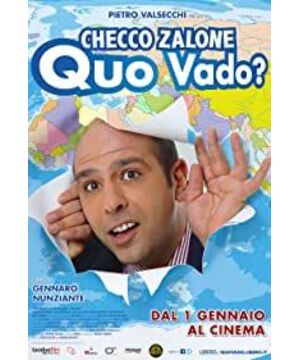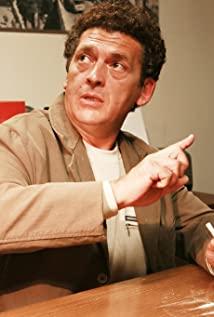The biggest difference between Kaico and ordinary people is that the goals he set skip the process of striving for them and easily reach the peak of life. At the beginning of his life, Kai Ke has already completed the pursuit of this life, and obtained an "iron rice bowl" in the system with the right time and place. Everything he got was full of worldly prejudice, and his fifteen years in the officialdom seemed to have given him a wealth of life experience and learned to handle things tactfully, but in fact it showed his immature inner self everywhere.
Without pursuits and goals, Kaiko's 15-year life has fallen into a state of stagnation, which is one of the reasons why he refused to give up this job when he faced the new policy of layoffs, because keeping his job became his "new" Target. "Keeping" is the stage of his life transformation. Although the film depicts his life in a comedy style, in fact, we can also see the process of his "growth" step by step. It seems to be a debt repayment for these fifteen years of "greenhouse cultivation", and this period of his life is full of colors.
Returning to his original position, at this time he is no longer a person who lives for the "iron rice bowl", and the work in this system is not the whole of his life. It seems that the last giving up is a compromise between love and family, but in fact it is more like he has re-examined his life and obtained new pursuits and goals.
Although this is an Italian comedy film, it can also resonate with the Chinese people, which is the meaning and value of this film.
View more about Quo vado? reviews











